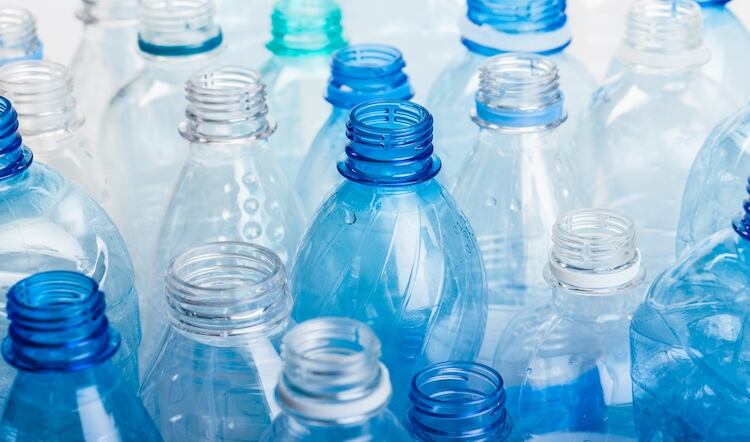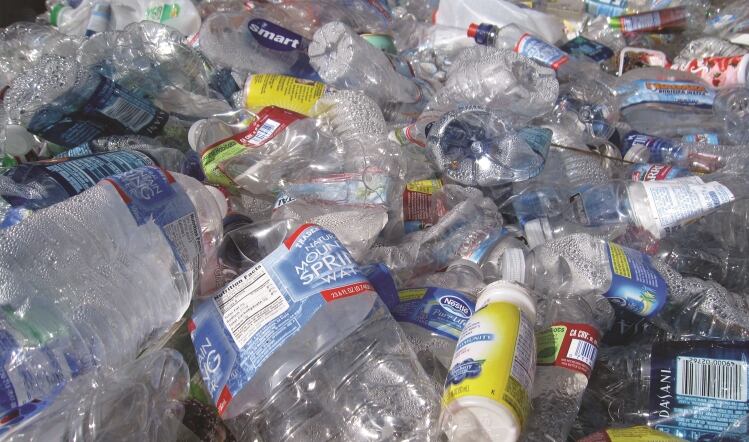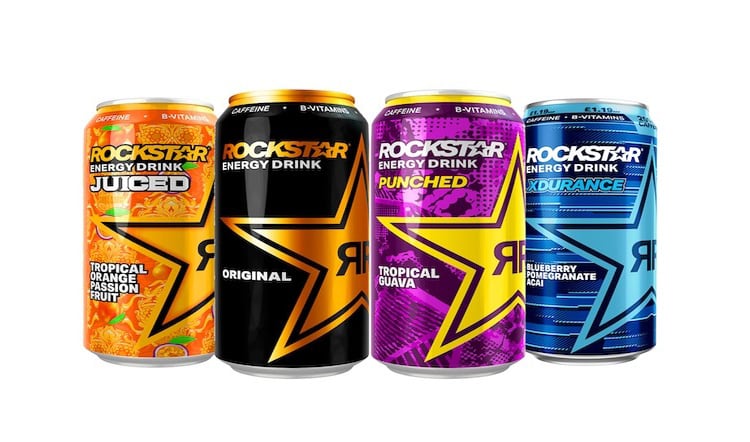The Scottish Government has revealed that the scheme will go live in one year’s time (16 August 2023).
Infrastructure for the scheme is now beginning to be rolled out across Scotland, and businesses of all sizes are being encouraged to act now to make sure they are ready. The scheme is being delivered by Circularity Scotland Ltd, an industry-led body representing drinks producers, retailers and trade bodies of all sizes.
People will pay a 20p deposit when they buy a drink that comes in a single-use container made of PET plastic, steel and aluminium, or glass. They will get their money back when they return the empty container to one of tens of thousands of return points.
Formal registration with the scheme will open in December and the scheme administrator has announced that producers would have to pay 2.4 months of deposits and producer fees immediately prior to the start of the scheme.
The Scottish Environment Protection Agency (SEPA), who are the regulator for the scheme, has also launched a campaign that will help businesses understand their legal responsibilities and the steps they need to take to prepare.
Circular economy
Circular Economy Minister Lorna Slater said: “Scotland is leading the way in the UK on delivering a circular economy. By putting in place a deposit return scheme, we are delivering on the public’s desire to see action on plastic and other waste, and making an important contribution to the response to the climate emergency.
“With thousands of return points across the country, it will be as easy to return your empty bottle or can as it was to buy it in the first place. This will help to nearly double recycling rates for the containers included in the scheme, while reducing the amount of litter on our streets and cutting CO2 emissions."
However, SIBA, which represents small brewers, said that Scottish small brewers face too many unanswered questions to start preparing.
SIBA said the Scottish announcement of the producer fee would add at least 10p to the shelf price of a bottle of beer in addition to the 20p deposit.
SIBA’s Scottish director Jamie Delap said: “Independent brewers supplying Scotland have told us that they will either stop selling in Scotland or reduce their brands. This means that Scottish consumers face a dramatic fall in choice as well as significant price increases as the cost of living crisis continues.”
Struggling
“This could mean that small brewers will have to find in the order of £1.5m to fund the scheme at a time when they still have substantial debts from Covid and are struggling with huge increases in energy and other costs.”
He highlighted that other important elements remain unanswered such as how the online takeback service – where empty containers are collected by people’s doorsteps – will work or how it can be delivered.
“Currently, there is no way for any retailer to continue selling beer online under DRS. Serious questions also remain over VAT and labelling,” said Delap.
“Scottish brewers have been trying to make the plans for DRS to work, but as its currently designed it represents an existential threat to small independent brewers.”




